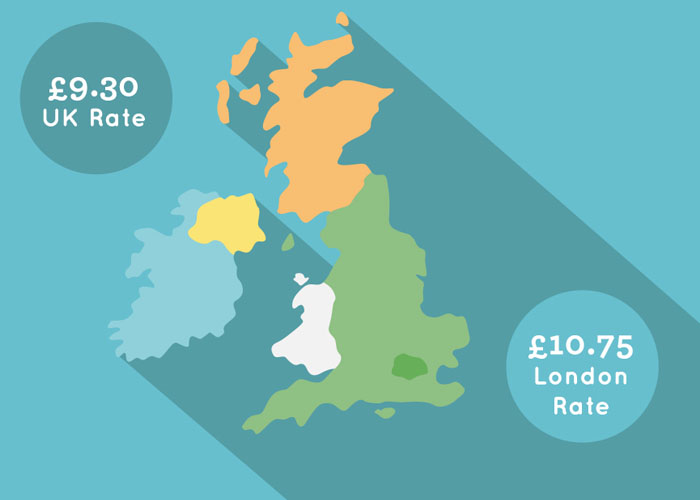Understanding the minimum wage laws in each region is important, especially with today’s rapidly changing economic environment. This article will explore the Scottish minimum wage, its importance, rates and the implications it has for employees and employers. Explore this important aspect of the labor laws in Scotland.

The following is a brief introduction to the topic:
The minimum wage is a benchmark that ensures workers are fairly compensated for their work. The minimum wage in Scotland is a safety net that prevents exploitation of workers.
Minimum Wage: It’s Important
A fair compensation is essential to maintaining dignity and livelihoods for workers. Even the lowest-paid workers will earn enough to meet basic living standards.
The Minimum Wage Laws of Scotland
Scotland has a long history of labor movements who fought for fair wages. Minimum wage laws were a major milestone in reducing income inequality for workers and improving their quality of life.
Current Minimum Wage Rates
The minimum wage in Scotland is now classified by age group. These rates are reviewed periodically to reflect inflation and changes in the economic landscape.
Minimum wage for different age groups
The minimum wage structure takes into account different age brackets to reflect the fact that younger workers might have different financial obligations. This approach aims to strike a fair balance between the economic viability and compensation for workers.
Impact on Businesses
The minimum wage may be beneficial to workers, but businesses, particularly smaller ones, might have difficulty adapting to the increased costs of labor. The debate over how to strike a balance between worker rights, and the sustainability of businesses is ongoing.

Minimum Wage and Living Wage Minimum Wage
It is important to distinguish between minimum wage and living wage. The living wage is the minimum income needed to maintain a decent level of comfort, while the minimum wage sets a legal limit for wages that are too low.
Addressing Disparities – Gender and Minimum wage
Minimum wage policies can help to close the gender pay gap. In order to promote gender equality, it is important that male and female employees receive equal pay for the same work.
Benefits and challenges of minimum wage increases
Minimum wage increases are argued to reduce poverty and stimulate spending by consumers. Opponents claim that sudden increases in minimum wage could result in job losses and increased automation.
Enforcement and Compliance
It is vital to enforce minimum wage laws in order to ensure workers are paid their fair share. Effective enforcement requires regular audits, and strict penalties if non-compliance is not addressed.
Trade Unions: What is their role?
The trade unions are often at the forefront of advocating for workers’ rights and fair wages. They negotiate with employers and government to ensure minimum wage laws are effectively implemented.
International Comparisons
Comparing Scotland’s Minimum Wage Rates with Other Countries provides valuable insight into the competitiveness of Scotland and its efforts to ensure a fair wage for workers.
Future Prospects
As economic trends and societal norms change, the minimum wage is likely to adapt. It is important to predict these changes, and how they will affect workers and businesses.
The Social Perspective – Voices of Workers
Listening to workers’ experiences is the best way to understand the impact of minimum wage policy. These personal anecdotes can shed light on both the struggles and success that these regulations have brought about.
The conclusion of the article is:
The minimum wage is an important component in protecting the rights of workers and ensuring social justice. Scotland’s goal is to ensure a fair, just and equitable work environment by guaranteeing a minimum level of compensation.
FAQs
What is the minimum wage for?
The minimum wage is designed to ensure that workers are compensated fairly for their work and prevents excessively low salaries.
How often is the minimum wage reviewed?
The minimum wage rate is reviewed periodically to reflect inflation and economic change.
All age groups receive the minimum wage?
The minimum wage is different for each age group.
Minimum wage policies can reduce poverty?
Yes, raising the minimum wage can help reduce poverty by increasing workers’ earning power.
What is the role of trade unions in minimum wage regulation?
Trade unions are involved in negotiations with the government to ensure that minimum wage laws are implemented effectively.




